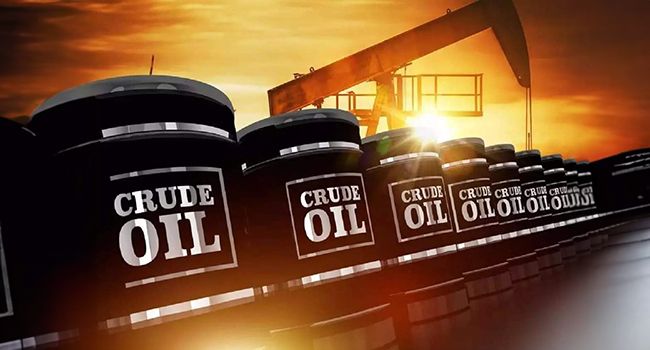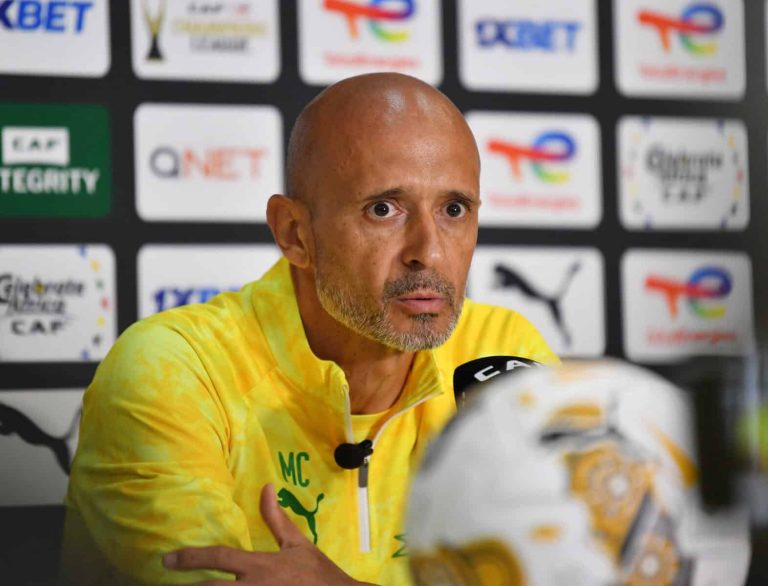
Experts blame crude-for-loan deals, weak transparency, and poor accountability for shortfall…
Despite recording a modest recovery in crude oil output, Nigeria’s petroleum revenue continues to underperform, with production still lagging the federal government’s 2024 fiscal target of 1.78 million barrels per day (bpd).
According to the Nigerian Upstream Petroleum Regulatory Commission (NUPRC), the country’s actual output averaged about 1.42 million bpd, achieving only 80 percent of its official projection. The shortfall reflects lingering infrastructure decay, under-investment, and persistent oil theft—factors that continue to weigh heavily on government earnings despite a stronger exchange rate.
The revenue gap underscores the challenge facing Nigeria’s fiscal authorities, who had expected higher oil inflows to cushion the impact of subsidy removal and exchange-rate reforms.
“The numbers simply don’t add up,” said Dayo Ayoade, an energy law expert at the Lagos State University. “Production is said to be up, but the revenue data is not reflecting that improvement. It points to poor record-keeping, weak accountability, and possibly unrecorded exports.”
Production Recovery, Revenue Decline
Although the NUPRC said production had improved since mid-2024, the gains have not translated into corresponding revenue growth. Analysts attribute this to opaque trading structures, pipeline losses, and a web of crude-for-cash arrangements that have tied up much of the nation’s output.
The commission has pledged to enhance metering accuracy, tighten compliance enforcement, and strengthen collaboration with operators to stabilise supply. But experts insist that maintaining production above 1.6 mbpd will require stronger security, timely field redevelopment, and full enforcement of the Petroleum Industry Act (PIA).
Revenue Remittance Controversy
Beyond production issues, the Nigerian National Petroleum Company Limited (NNPCL) remains at the centre of mounting transparency concerns.
Earlier this year, the World Bank disclosed that NNPCL was remitting only half of the financial gains from petrol subsidy removal due to debt arrears.
“Despite the subsidy being fully removed in October 2024, NNPCL started transferring the revenue gains to the Federation only in January 2025,” the Bank noted. “Since then, it has been remitting only 50 per cent, using the rest to offset past arrears.”
The Federal Accounts Allocation Committee (FAAC) has since extended its ongoing reconciliation of payments by revenue-generating agencies to December 2024 amid unresolved discrepancies.
Documents from FAAC’s October 2025 meeting revealed that NNPCL had been mandated to provide its actual remittance figures rather than estimates previously submitted.
The sub-committee also confirmed that it was awaiting the report of the Technical Reconciliation Committee convened by the Federal Ministry of Finance to harmonise all submissions.
The review follows earlier findings by Periscope Consulting, engaged by the Nigeria Governors’ Forum, which accused NNPCL of withholding over $42 billion in crude proceeds between 2011 and 2017. NNPCL reportedly submitted its formal response in October 2025, with the matter still under review.
Compounding the issue, the national oil company has failed to remit any interim dividends into the Federation Account in 2025, a development that has further tightened federal revenue inflows.
Historical Forward Sales Still Weighing on Earnings
The Director of the Centre for the Promotion of Private Enterprise (CPPE), Muda Yusuf, attributed part of the current revenue weakness to forward-sale agreements executed during the tenure of former CBN Governor Godwin Emefiele.
“During the Emefiele years, Nigeria committed a lot of its crude up front,” Yusuf said. “Those deals are still eating into our current earnings. The combination of forward sales, opaque trading, and off-balance-sheet transactions has distorted the relationship between production and revenue.”
He, however, acknowledged improvement under the current NNPCL management led by Bayo Ojulari, noting that “there’s better professionalism and openness” compared to previous years.
Yusuf urged the government to disclose all swap and forward-sale contracts to restore investor and public confidence in Nigeria’s oil revenue reporting.
Looking Ahead
Analysts say that for Nigeria to meet its fiscal targets and fully benefit from its oil potential, it must strengthen production security, enhance transparency, and eliminate leakages in the petroleum value chain.
“We sell crude oil to others who refine it and sell it back to us at a premium,” said Prof. Ayoade. “That model is unsustainable. As the world moves toward cleaner energy, we must fix our system before demand begins to shrink.”
For now, while production has improved modestly, the combination of unaccounted barrels, opaque deals, and remittance gaps continues to cloud Nigeria’s oil revenue outlook, leaving policymakers with difficult questions to answer.


